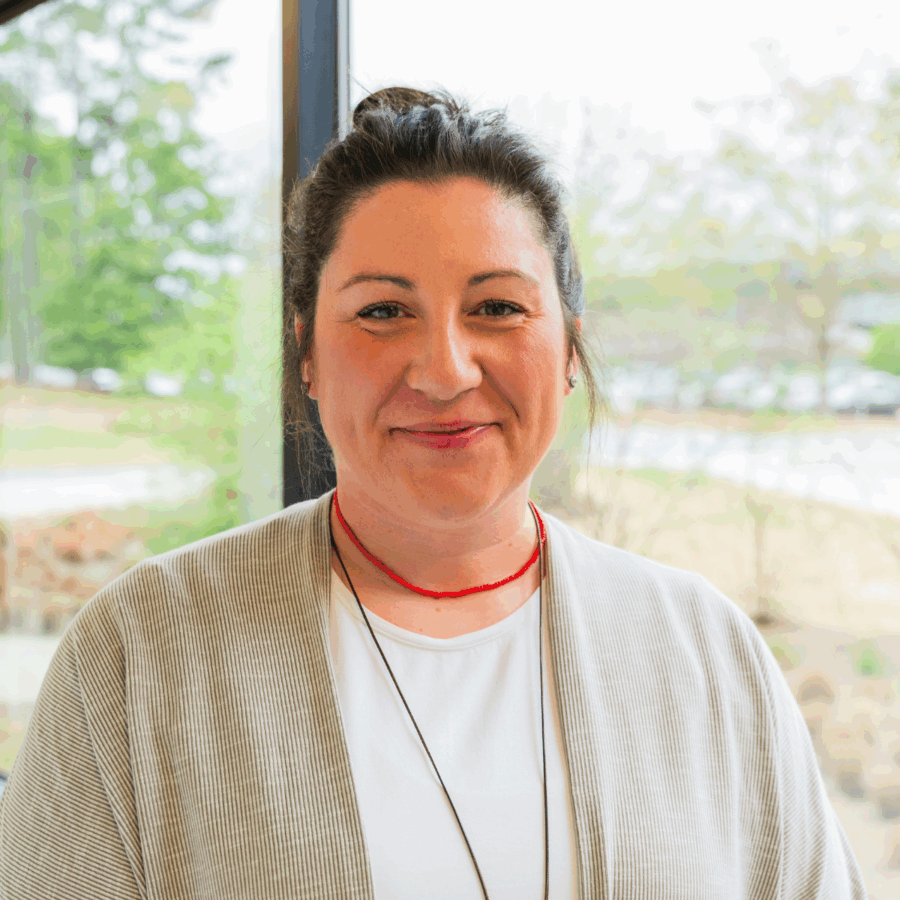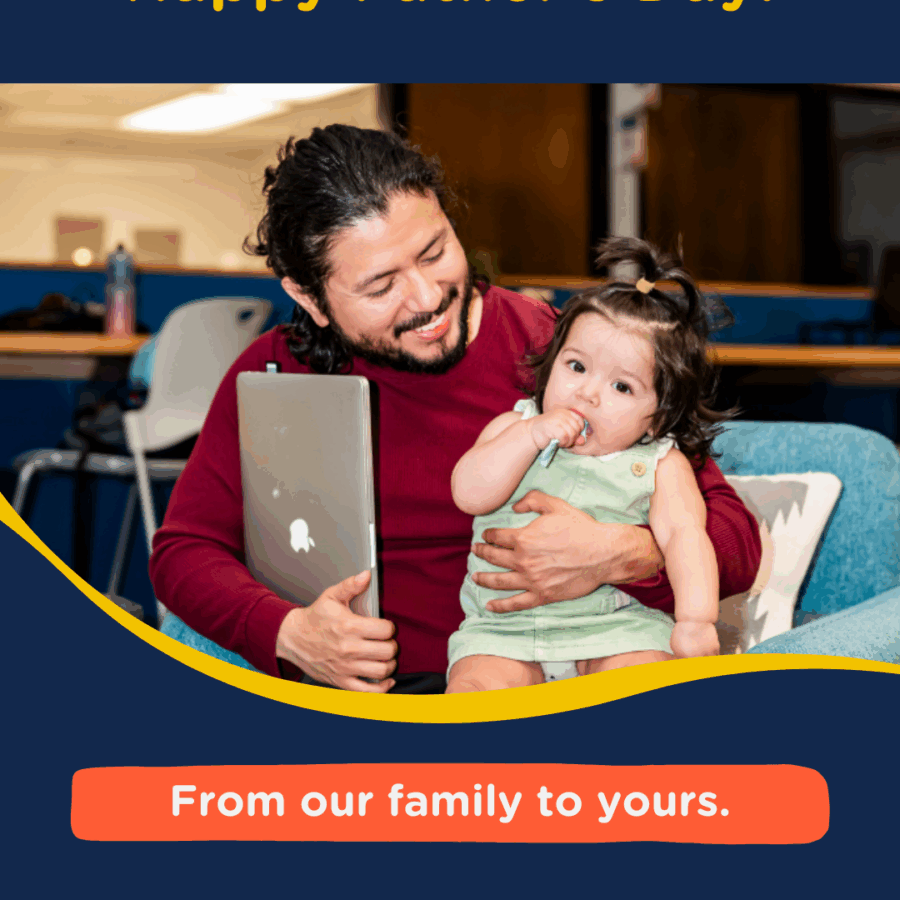At Code the Dream, we believe technology has the power to build a better, brighter future for everyone. But with great power comes great responsibility. How can we leverage these great technological innovations to strengthen our communities through civic engagement?
Throughout August and September, we’ll be talking to authors, politicians, scientists, and our own CTD staff and apprentices about the ways tech can serve as a vehicle for connecting communities and improving lives.
https://codethedream.org/tag/tech-civic-engagement/
Below is a list of 5 stories that we think do a great job of exemplifying these ideas.
FLASH VOTE CHAPEL HILL
Flash Vote is an online survey platform that works with local governments to gather feedback from residents on important issues to the community.
Residents fill out an anonymous survey that takes less than a minute. Flash Vote collects and analyzes the data which gets sent to local government officials who can use the information to potentially make better, more informed decisions.
According to the article, some folks, like Chapel Hill resident Adam Oppenheimer, are “worried about self-selection, research bias resulting from participants’ abilities to choose to participate, and a lack of coverage stemming from some communities having limited access to the internet.”
Internet access is a challenge for many communities across the United States. We discussed how local and state governments are addressing the issue during question #4 of our Twitter Chat.
https://www.dailytarheel.com/article/2022/08/city-flash-vote-ch
SOCIAL CAPITAL ATLAS
Social Capital Atlas is a data map that shows how the strength of relationships within a community can be a powerful indicator of outcomes like health and income.
Studies have shown that proximity to wealth and access to resources play a significant role in the trajectory of a person’s life. For example: if you live in a food desert, an area with limited access to healthy, quality food, you are less likely to succeed in school due to poor nutrition, making it harder to get into college, which limits future earnings. Not only are you affected by this, but so are your peers and neighbors who also suffer from these limitations, compounding the effect of the issue. In contrast, people who live in high-income neighborhoods typically have access to better-resourced food systems, health services, and educational institutions, providing a more stable foundation for future success for them and the people in their network.
Take the map for a spin! Learn more about the areas where you live. You can look up and compare areas by county, zip code, high school, and college.
US DIGITAL CORPS
The US Digital Corps is an early-career fellowship program created in 2021 by the Biden administration. The program “empowers the next generation of technology leaders to launch careers in public service and create a more effective, equitable government.”
The use of technological tools becomes more embedded in our lives with each passing day, and our government is no different. How they engage with the public will continue to evolve as better solutions are created using cutting-edge technology. It is important that our government not only be able to keep up with these advances, but that the people building these solutions are representative of the citizens using them. The tech sector has made great strides in the last two decades, but the industry still falls short of reflecting the diversity of the United States population.
BALANCING ACT
Balancing Act is a simulation tool used to help local governments work with residents to brainstorm solutions for housing production. The project was created by Engaged Public, a public policy strategy firm based in Denver, after re-imagining a simulation tool developed by the firm in 2007.
One of the hardest parts of a project can be visualizing the solution. Having a simulation tool can help people understand important details by walking them through the process and sharing information in a way that works for them.
FADI CHEHADÉ TED TALK
Technology architect Fadi Chehadé sat down for a quick but engaging conversation with TED Institute curator Bryn Freedman. Chehadé and Freedman talk about the future of artificial intelligence and how tech companies should take more responsibility in the way they shape the lives of their users. Chehadé closes the conversation by sharing what he thinks are the methods and tools that everyday citizens can use to have more control over their digital lives.




